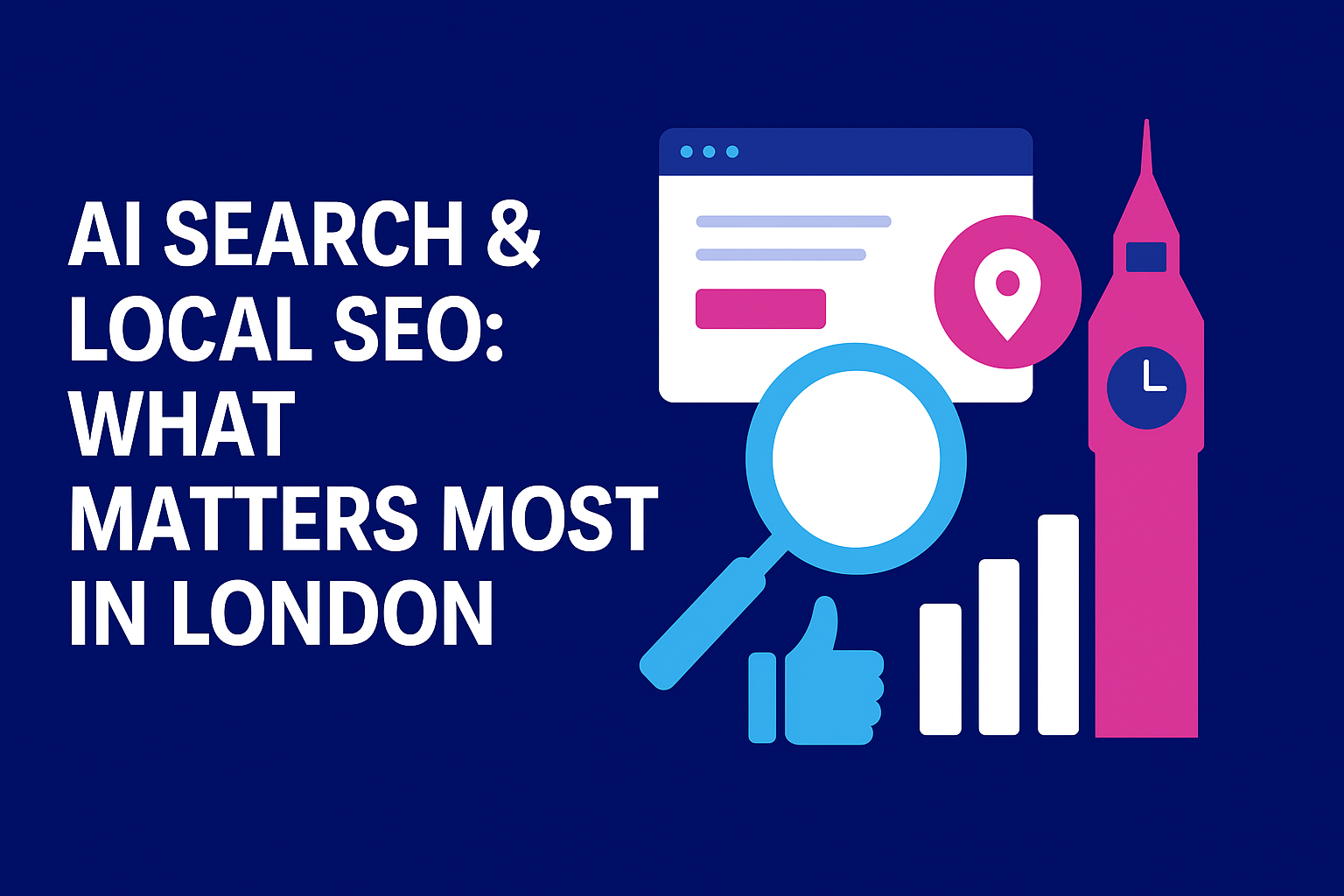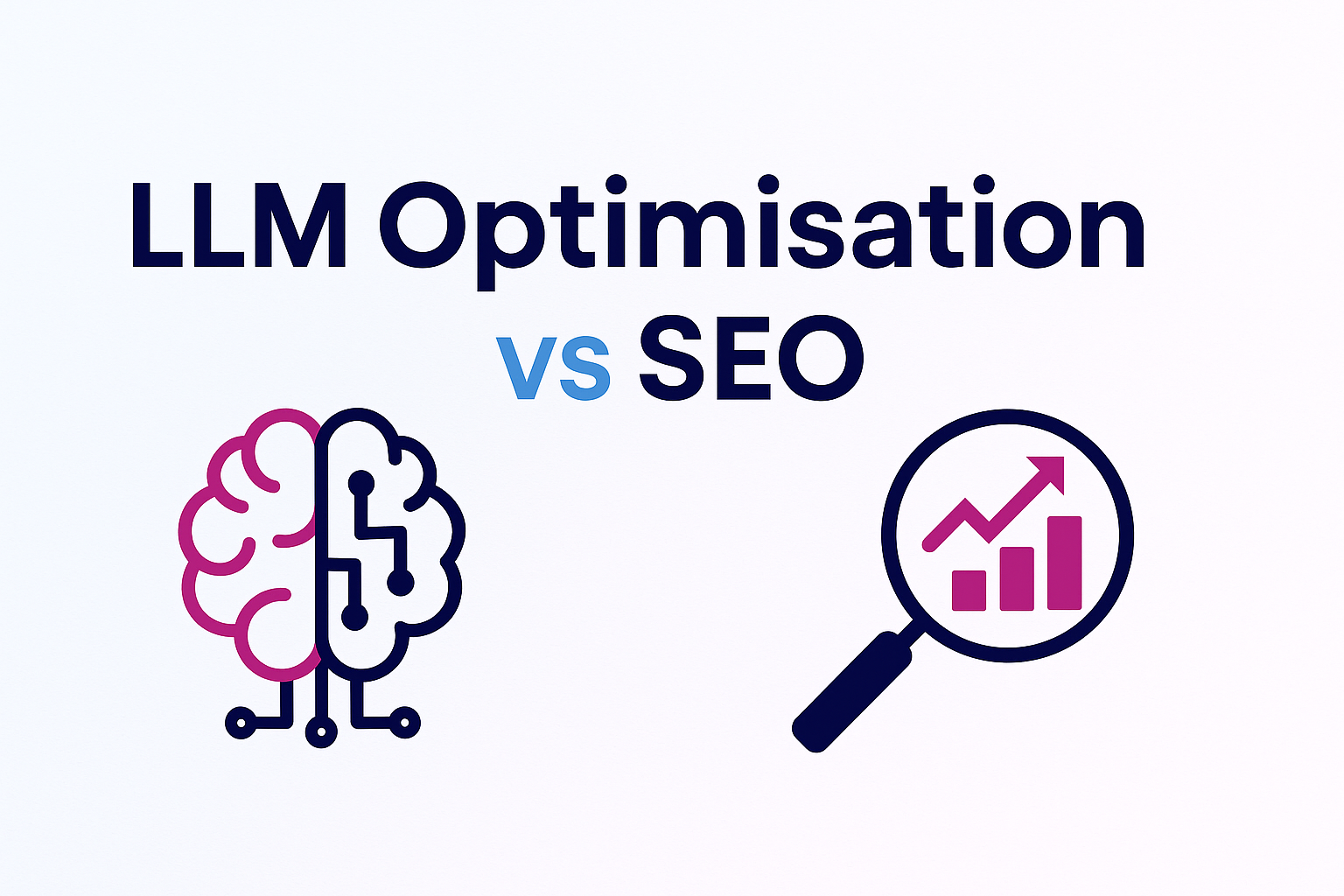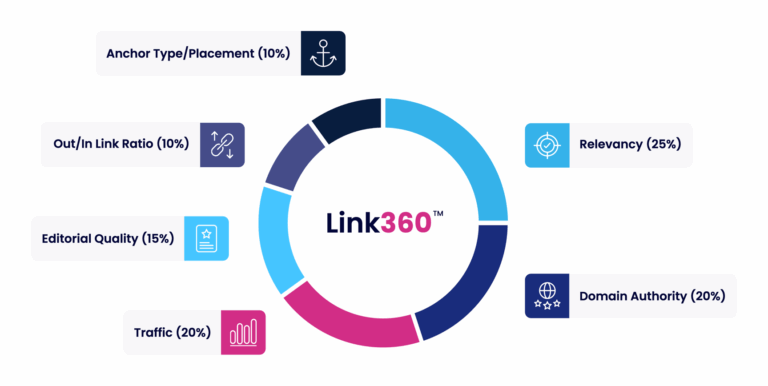The way we use the internet for search is changing. Ever since artificial intelligence models like ChatGPT and Perplexity went mainstream, answering questions based on information from around the web, the concept of no longer needing to use traditional search engines has become very real.
Naturally, this concept is going to have implications for Google. Which is why it’s interesting to delve into just what Google itself has to say about the future of search, and how artificial intelligence and its associated technologies fit into its evolution.
Sundar Pichai is CEO of Alphabet Inc., Google’s parent company. He was responsible for convincing the co-founders of Google to launch its browser, as well as playing a pivotal role in shaping Google Chrome and Google Drive. Safe to say, he’s a pretty important person.
So what exactly has the Google CEO got to say about how AI will influence what search engines look like in ten years’ time?
Sundar Pichai: How Search is evolving
Sundar Pichai recently voiced his opinion on AI, Search and more at the 2024 Business, Government, and Society Forum at Stanford University.
He said that technology – including AI – has been transforming Google Search for years. In other words, it’s not something they’ve all of a sudden adopted in response to the rise of OpenAI and other Large Language Models.
When you look back at how Google Search has changed, you can see Pichai’s point.
The thing with change is that when it happens gradually, you hardly notice it. But if you directly compare something now to something in 2014, you can see a huge difference. And this is the case with the last 10 years of Google Search history.
10 years ago, if you searched for something on Google you’d see columns of ads to the right, and organic results to the left. Search results then were all about showing you lists of websites that matched your search phrase.
But then Featured Snippets came along. This was Google’s way of adapting to mobile and voice search users. Then we saw ‘People Also Ask’ results, connecting users to similar search queries to their own. And ‘near matches’, going one step beyond to get users closer to the information they were looking for if their initial search didn’t bear fruit.
And did you notice when Google started delivering results that were relevant to things you’d previously searched for? And automatically suggesting search phrases based on past queries?
For the Google user, the experience has certainly been enhanced in many ways. But what about the business looking to enjoy the rewards of top organic rankings?
Now that the search results look more like a brochure, with the #1 organic result showing up twice as far down the page as it did ten years ago, and with the AI-powered Search Generative Experience well into testing mode, it is no wonder so many website owners are looking to hear what the Google CEO has to say about the future of Search.
Sundar Pichai says that Google has always been about answering questions. But that sometimes, people want to see more than straightforward factual answers.
So, Google has sought to strike that balance between providing answers, and delivering ‘additional reading material’ for those users who want to delve further. And they believe that Search Generative Experience (SGE) is going to deliver just that.

What is Search Generative Experience?
Google Search Generative Experience (Google SGE) is an experimental feature that’s currently under testing. It was unveiled in May 2023 with a view to delivering a more interactive search experience.
Google SGE uses AI to generate dynamic content directly to the search results page. It makes it possible for users to engage with information, without having to click through to other websites.
With SGE, you are more likely to see visual elements than static search results. It’s all about instant answers. It works in a similar way to ChatGPT and Perplexity, providing a summary list of suggestions derived from a variety of sources across the web that Google considers the best responses to your search query.
But as SGE focuses on delivering answers without the need to click, how is this going to impact website owners who rely on organic clicks?
Google CEO Sundar Pichai has responded to this widely put question by saying, “Just because you’re saying we are summarising it on top doesn’t mean we veer from those principles. The summary can still point you to the range of opinions out there.”
What he means is that just because SGE delivers answers without needing to click, doesn’t mean that users won’t carry on exploring their topics of choice by clicking on the website links further down in the search results.
This would suggest that website owners should be able to set aside their concerns about losing valuable organic traffic to SGE. However, Google has yet to share any data as to whether those links are driving traffic. So it’s difficult to predict what’s going to happen just yet.

How will AI improve Search?
AI – and its sub-technology machine learning – has given search engines the power to understand natural language queries. To rank web pages based on quality and relevance. To personalise results for users, and to provide rich and interactive features, such as image search, voice search and knowledge graphs.
Artificial intelligence analyses user preferences, and generates search results that align with search intent.
It’s making it easier to understand a topic faster, as well as source deeper insights, and basically just get things done more easily.
Eventually, the likes of product comparisons and information gathering will be ‘job done in a snap’, because deeper informational searches will all be handled by AI.
Google seems to be looking at a future vision of Search that goes beyond just providing answers.
It looks like it is seeking to become an ‘agent’, and that in the long term, perhaps over the next ten years, Search will be significantly different to what we’ve come to know.
Google says it wants to make the search engine ‘more ambiently availably’. This could mean that Search is everywhere and everything all at once. Sundar Pichai put it like this:
“Overall, one of the things I think people underestimate about Search is the breadth of Search, the amount of queries we see constantly on a new day, which we haven’t seen before.
“Providing information and knowledge is what I see as the opportunity. AI is an exciting technology which will allow us to do it better than before. But it’s a technology we have to carefully deploy in a way that we are responsible while doing so.”

What is the ‘Gemini Era’ of Google?
Gemini is the name of Google’s AI chatbot, formerly known as Bard. But Google Gemini is also a family of new AI models, launched towards the end of 2023.
Gemini Nano, Gemini Pro and Gemini Ultra are what are known as ‘multimodal’, which means that as well as understanding text, they also understand and work with audio, video, images and code. This sets them apart from the likes of OpenAI’s GPT.
With a Gemini model, for example, you could ask ‘what’s happening in this picture?’, attach an image and it will tell you what’s going on and answer any other questions you put to it.
When introduced, Ultra will be used for highly complex tasks, and is likely to be a paid model.
Sundar Pichai says that we are entering the ‘Gemini era’ of Google, and that the Gemini models will ‘fuel the next generation of advances’.
“Gemini is the first realisation of the vision we had when we formed Google DeepMind, bringing together our two world-class research teams.”
“Gemini gives us a great foundation. It’s already demonstrating state-of-the-art capabilities, and it’s only going to get better”, he said.
Are You Ready to navigate the next generation of Search?
It has never been so important to be in the driving seat as Search takes its next twists and turns.
At Figment, we’ve been staying on top of the evolution of Google and Search in general since 2006. We’ve watched change happen both slowly, and overnight, and have been ready to react to make sure our clients’ websites stay on top.
We’re closely monitoring the evolution of Search so that we can continue supporting our clients towards their business growth goals. So, if you’d like to discuss your next steps towards online success, you are invited to talk to Figment.





